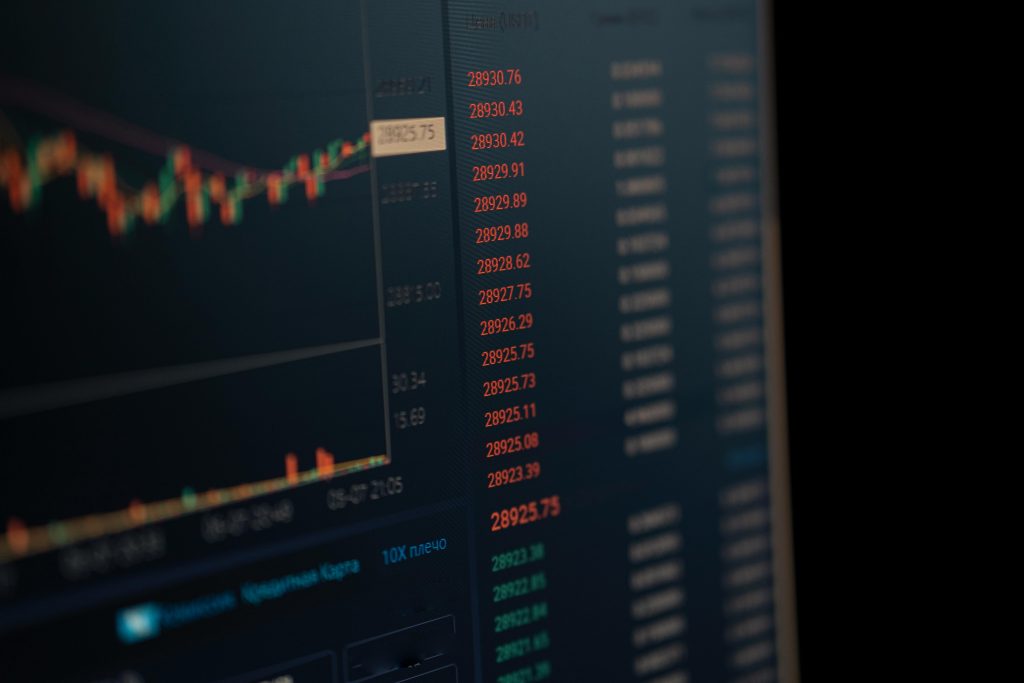Selecting the right CFD and forex broker is a crucial decision for traders seeking reliability, competitive pricing, and a seamless trading experience. Two well-regarded brokers in the industry, Admiral Markets and MultiBank Group, offer extensive trading opportunities, advanced platforms, and a strong regulatory framework. However, each caters to different trading styles and preferences.
This comparison takes a closer look at their regulation, trading platforms, fees, tradable assets, and customer support to help traders determine which broker is the better fit for their needs.
Regulation and Security
Both Admiral Markets and MultiBank Group operate under multiple regulatory authorities, ensuring client protection and financial transparency.
Admiral Markets has been in operation since 2001 and is regulated by well-respected financial bodies, including the Financial Conduct Authority (FCA) in the UK, the Australian Securities and Investments Commission (ASIC), and the Cyprus Securities and Exchange Commission (CySEC). These regulators impose strict financial standards, ensuring that client funds are segregated from company funds and that traders have negative balance protection to prevent excessive losses.
MultiBank Group, founded in 2005, holds licenses from ASIC, the Dubai Financial Services Authority (DFSA), and BaFin in Germany, among others. The broker is known for its high capital reserves, which strengthen its financial stability and trustworthiness.
Both brokers prioritize security and client fund protection, but Admiral Markets’ FCA and ASIC regulations offer an extra level of credibility, particularly for traders looking for stringent regulatory oversight.
Trading Platforms
Admiral Markets and MultiBank Group provide access to MetaTrader 4 (MT4) and MetaTrader 5 (MT5), the industry’s most widely used trading platforms. Both platforms offer advanced charting tools, algorithmic trading capabilities, and a user-friendly interface, making them suitable for traders of all levels.
Admiral Markets enhances the MT4 and MT5 experience by offering MetaTrader Supreme Edition, an exclusive feature that includes advanced technical indicators, sentiment analysis tools, and improved order execution functionalities. This upgrade gives traders an edge in market analysis and strategy execution.
MultiBank Group, while offering a solid MT4 and MT5 experience, does not provide additional platform enhancements. However, it maintains fast execution speeds and a stable trading environment, ensuring reliability during high market volatility.
For traders looking for more advanced tools and customization options, Admiral Markets’ MetaTrader Supreme Edition provides a slight advantage.
Tradable Assets
Both brokers offer a diverse selection of CFD instruments, including forex, stocks, indices, commodities, and cryptocurrencies.
Admiral Markets stands out with its broad range of stocks and ETFs, allowing traders to access thousands of global equities alongside traditional forex and commodity markets. This makes it a better choice for those looking to build a diversified investment portfolio.
MultiBank Group, while offering a solid range of trading instruments, focuses more on forex trading, with over 55 currency pairs and competitive pricing for forex traders. Its selection of cryptocurrency CFDs, however, is more limited compared to Admiral Markets.
Traders who prioritize forex trading may find MultiBank Group more appealing, while those seeking a wider asset selection, particularly in stocks and ETFs, will benefit more from Admiral Markets.
Account Types and Fees
Both brokers offer multiple account types to accommodate different trading styles, from beginners to professionals.
Admiral Markets provides spread-based and commission-based accounts, catering to traders who prefer either zero-commission trading with wider spreads or raw spreads with a commission per trade. It also offers Islamic swap-free accounts, making it accessible to traders who follow Shariah principles.
MultiBank Group adopts a similar pricing structure, with accounts designed for zero-commission trading or raw spreads with commission-based pricing. Its spreads on major forex pairs tend to be slightly tighter, making it a competitive choice for scalpers and day traders who require lower transaction costs.
Both brokers offer cost-effective trading conditions, but Admiral Markets’ diverse account selection and added flexibility make it a more versatile choice for different types of traders.
Customer Support
Responsive and effective customer support is essential for a smooth trading experience. Admiral Markets and MultiBank Group both offer 24/5 support via live chat, email, and phone, ensuring traders have access to assistance when needed.
Admiral Markets is known for its quick response times and multilingual support, including Arabic-language assistance for traders in the MENA region. It also provides educational resources, market analysis, and webinars, which help traders improve their skills and stay informed about market trends.
MultiBank Group also offers multilingual support, but some traders have reported longer wait times for responses, particularly during high trading volumes. While its customer service is reliable, it does not provide as many educational resources as Admiral Markets.
For traders who prioritize strong customer support and ongoing market education, Admiral Markets provides a more comprehensive experience.
Final Verdict: Which Broker is the Better Choice?
Both Admiral Markets and MultiBank Group offer strong regulatory backing, advanced trading platforms, and competitive trading conditions. However, the better broker depends on a trader’s specific needs and priorities.
For traders seeking a well-regulated broker with a wide selection of tradable assets, advanced trading tools, and strong customer support, Admiral Markets is the better choice. Its MetaTrader Supreme Edition, diverse asset offerings, and extensive educational resources make it a top contender for traders looking for a well-rounded trading experience.
On the other hand, MultiBank Group is ideal for forex traders who prioritize low spreads and fast execution speeds. While it lacks some of the additional platform enhancements offered by Admiral Markets, its focus on tight forex pricing and multiple regulatory licenses makes it a solid option for active traders.
Ultimately, the decision between these brokers comes down to trading preferences. Those looking for broader market access and enhanced trading tools will find Admiral Markets more appealing, while those seeking cost-effective forex trading may prefer MultiBank Group.
